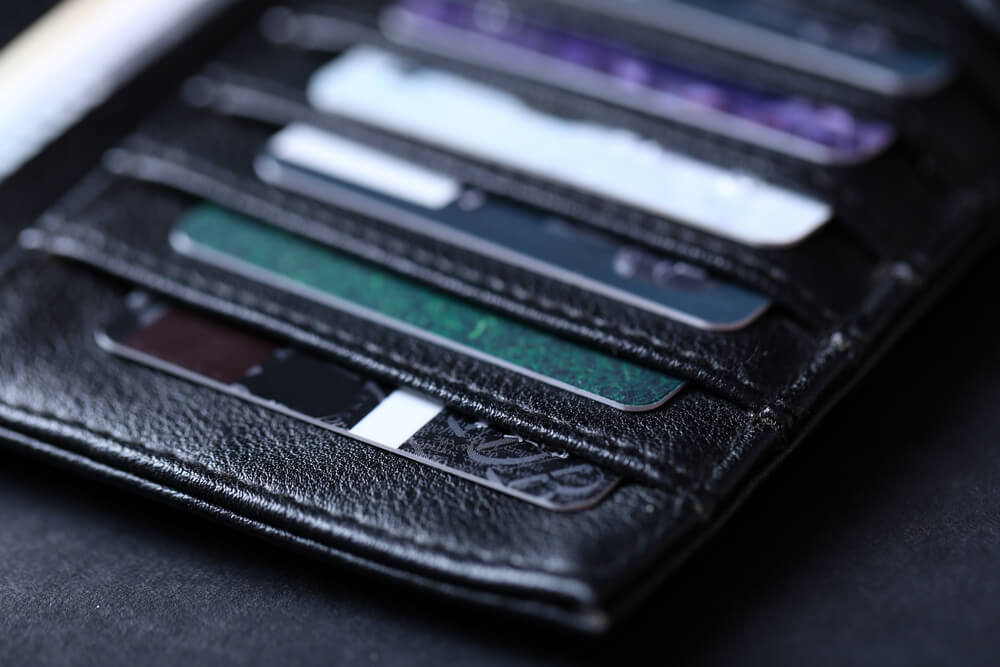London Startup Develops Blockchain-Based Contactless Payment Card for Retail Payments

London-based FinTech company SETL, Metro Bank, and global accounting firm Deloitte, have teamed up to develop a contactless card to enable faster transactions and settlement times for retail payments on the blockchain, in a recent announcement .
In an initial test more than 100 people used the contactless smartcards to make purchases from shops that had the contactless terminals equipped. The test was part of the Financial Conduct Authority’s (FCA) FinTech sandbox that recently unveiled the 24 names of the companies taking part.
The advantage of the technology means that it sidesteps any clearing through a bank with the transaction amount appearing on the customer’s and retail bank account straight away.
To make the partnership successful, SETL provided the contactless smartcards, Deloitte utilized its blockchain smart ID system to provide a complete record of the transactions, and Metro Bank hosted a connected client account.
However, some people may be wondering whether the card is fiat money or cryptocurrency. To answer these queries, Peter Randall, SETL CEO, said:
This is fiat currency, it’s real money. It’s not a form of cryptocurrency or anything else; it’s money you can go and take out of the bank and spend.
They believe, though, that through this process, wide-scale implementation may reduce the high costs currently seen for processing retail transactions.
Craig Donaldson, CEO at Metro Bank, said retail payments have dominated the field for too long.
Given all the potential that blockchain has to offer, we hope that the success of today’s test will play a key role in moving us a step closer to providing a more efficient and flexible service for customers.
However, many claim that blockchain has yet to prove its scalability, with bitcoin’s blockchain processing less than 300,000 transactions per day. Yet, according to SETL, they claim that it can compete with large card networks by processing billions of transactions each day, reports Reuters.
Randall adds that the payment card would give merchants the option of offering payment services to their customers for a significantly lower cost than what card providers offer on the market at the moment.
SETL is hoping to launch the service, subject to regulatory approval, as early as 2017.
Given that more people are realizing the potential of blockchain technology and the impact it is having on financial institutions, it seems that this approach for payment transactions in the future.
Additionally, with 80 percent of banks predicted to initiate blockchain projects next year, Deloitte announced recently that the blockchain technology will change the financial infrastructure in the future.
Featured image from Shutterstock.